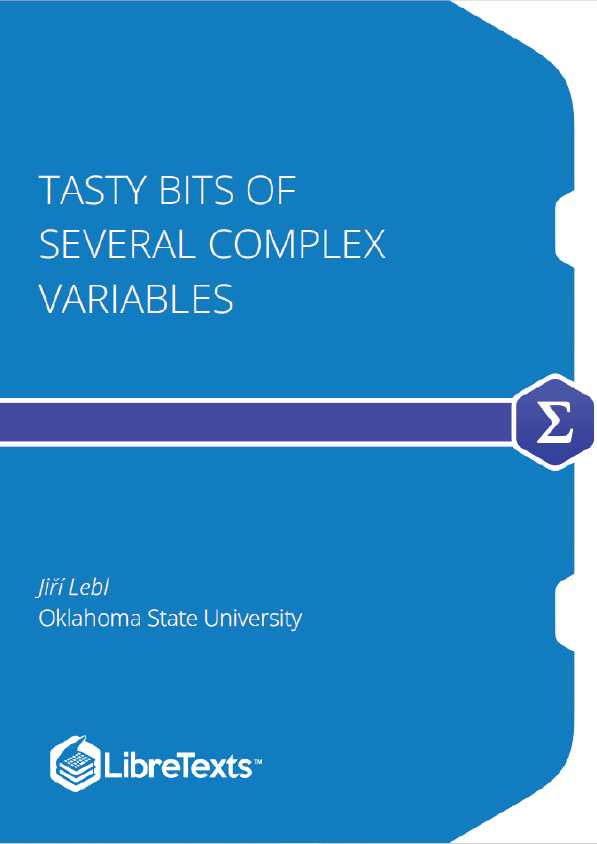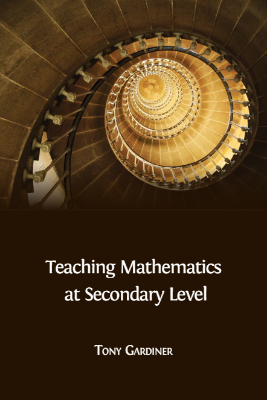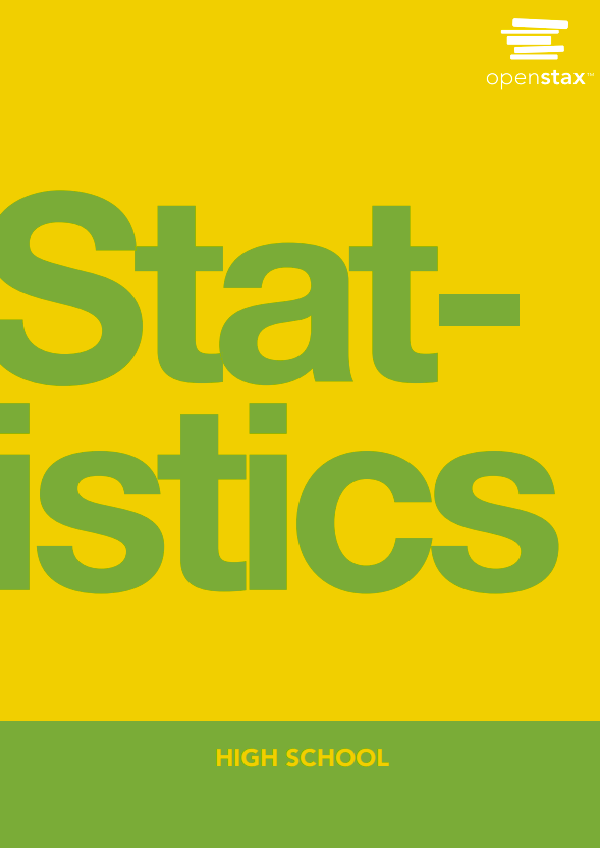Graduate level mathematics textbook on Several Complex Variables (complex analysis in several variables). A free online textbook based on class notes for the graduate course at Oklahoma State University.
This book is a polished version of my course notes for Math 6283, Several Complex Variables, given in Spring 2014, Spring 2016, and Spring 2019 semesters at Oklahoma State University. It is meant for a semester-long course. Quite a few exercises of various difficulty are sprinkled throughout the text, and I hope a reader is at least attempting all of them. Many are required later in the text. The reader should attempt exercises in sequence as earlier exercises can help or even be required to solve later exercises. The prerequisites are a decent knowledge of vector calculus, basic real analysis, and a working knowledge of complex analysis in one variable. Measure theory (Lebesgue integral and its convergence theorems) is useful, but it is not essential except in a couple of places later in the book. The first two chapters and most of the third is accessible to beginning graduate students after one semester of a standard single-variable complex analysis graduate course. From time to time (e.g. proof of Baouendi–Trèves in chapter 3, and most of chapter 4, and chapter 5), basic knowledge of differential forms is useful, and in chapter 6 we use some basic ring theory from algebra. By design, it can replace the second semester of complex analysis. This book is not meant as an exhaustive reference. It is simply a whirlwind tour of several complex variables with slightly more material than can be covered within a semester. See the end of the book for a list of books for reference and further reading. There are also appendices for a list of one-variable results, an overview of differential forms, and some basic algebra. See appendix B, appendix C, and appendix D.
Power Series Representation
The converse statement also follows by applying the Cauchy–Riemann equations to the series termwise. We leave that as an exercise. First, one must show that the term-by-term derivative series also converges uniformly absolutely on compact subsets. Then one applies the theorem from real analysis about derivatives of limits:
If a sequence of functions and its derivatives converges uniformly, then the derivatives converge to the derivative of the limit. Prove the claim above that if a power series converges uniformly absolutely on compact subsets of a polydisc , then the term-by-term derivative converges. Do the proof without using the analogous result for single variable series.
A third way to prove the converse statement of the theorem is to note that partial sums are holomorphic and write them using the Cauchy formula. Uniform convergence shows that the limit also satisfies the Cauchy formula, and differentiating under the integral obtains the result.











